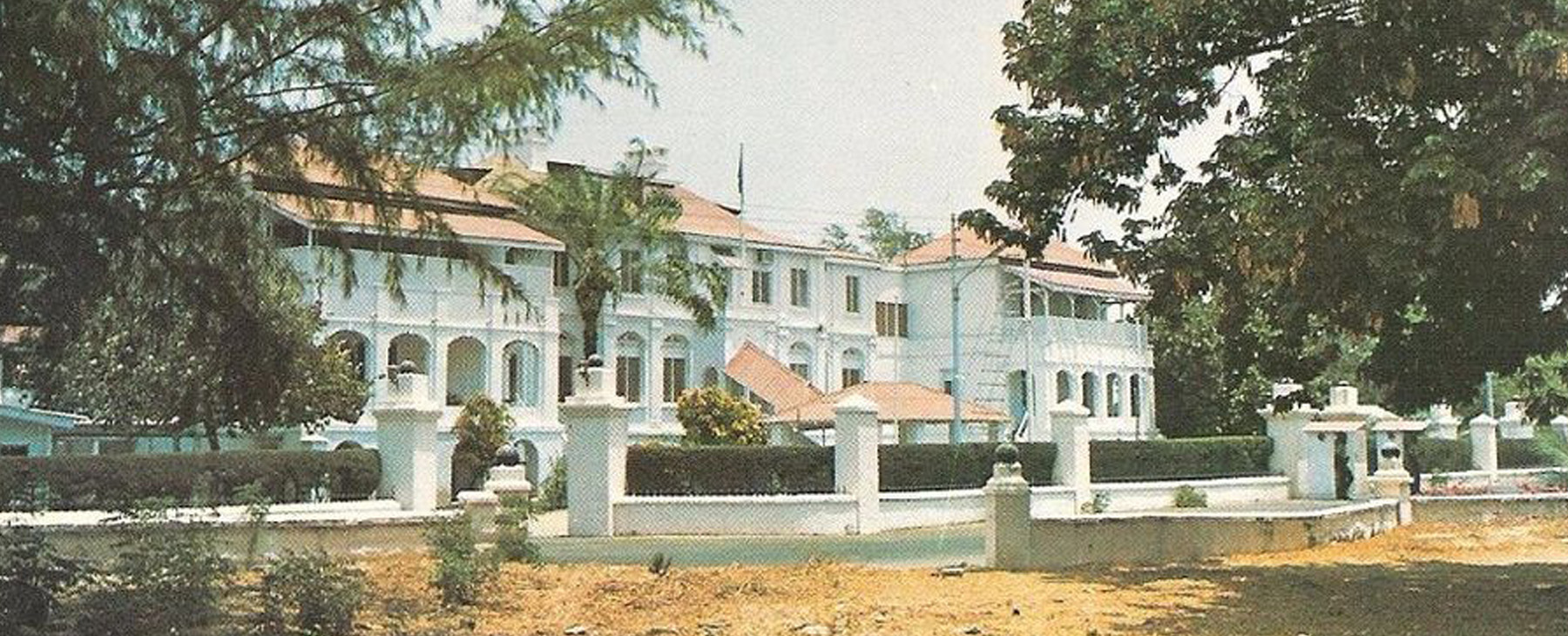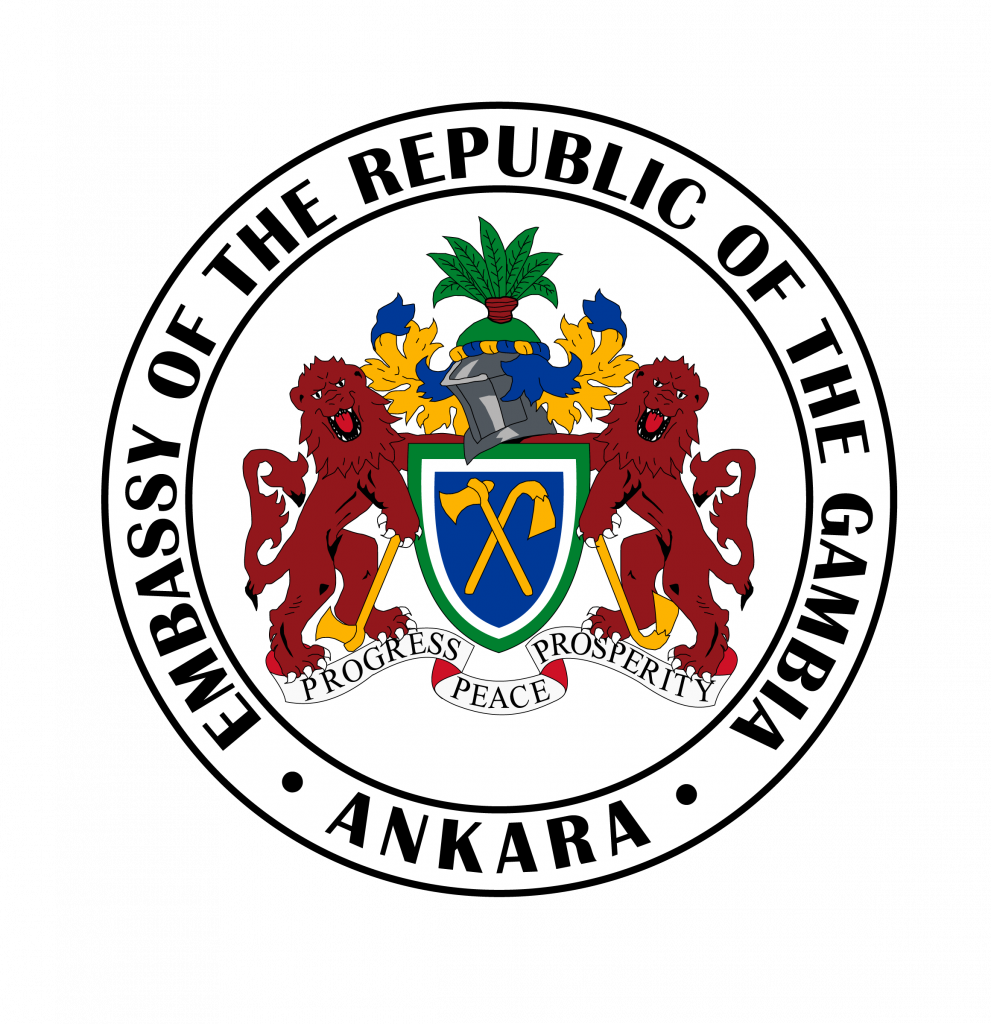The Republic of The Gambia commonly referred to as the Smiling Coast of Africa, is situated in the western region of Africa. It has a land area of 11,295 sq. km (4361 sq. miles) with an estimated population of 2,000,000. The agriculturally fertile country, dominated by farming, fishing, and tourism has its capital in Banjul.
The Gambia is divided into seven administrative Regions (until 2007, these were known as “divisions”). The administrative regions in The Gambia are Banjul City Council; Kanifing Municipal Council, West Coast Region (Kombo North, South, East, and the Fonis), Lower River Region (Mansa Konko), North Bank Region (Kerewan), Central River Region (Janjanbureh) and Upper River Region (Basse).

Governance
The Gambia is a Presidential Republic and a multi-party democracy. The first post-independence Constitution of The Gambia is the 1970 constitution, which divided the government into independent executive, legislative, and judicial branches. The first President of The Gambia was Alhaji Sir Dawda kairaba Jawara from 1965-1994. Before the coup d`tat in July 1994, The Gambia was one of the oldest existing multi-party democracies in Africa. It had conducted freely contested elections every 5 years since independence.

The 1970 constitution was suspended after the 1994 military coup. As part of the transition process, the Constitution Review Commission (CRC) was established in March 1995, in accordance with the timetable for the transition to a democratically elected government. The Commission drafted a new Constitution for The Gambia which was approved by referendum in August 1996. The constitution provides for a presidential system, a unicameral legislature, an independent judiciary, and the protection of human rights.
Executive
Executive power is exercised by the government. The President of The Gambia is both headof state and head of government.

Legislature
Legislative power is vested in both the government and the National Assembly.
The National Assembly has 53 members, 48 members elected for a five-year term, and 5 members appointed by the President

Judiciary
There are four layers of courts in The Gambia, i.e., Supreme Court, Court of Appeal, High Court, and subordinate courts. The Cadi Courts also exercise jurisdiction over Muslims in matters of marriage, divorce and inheritance.
The Supreme Court of the Gambia is the highest court in The Gambia. Established in 1998, it has appellate and original jurisdiction. Until 1998, there was a right of appeal from the Court of Appeal of The Gambia to the Judicial Committee of the Privy Council in London.

Legal system
The Gambian legal system, like most West African Countries, is a tripartite system consisting of the English common law, principles of equity and statute law. Customary law is applied by the District Tribunals, and Sharia law administered by a Cadi Court system.


